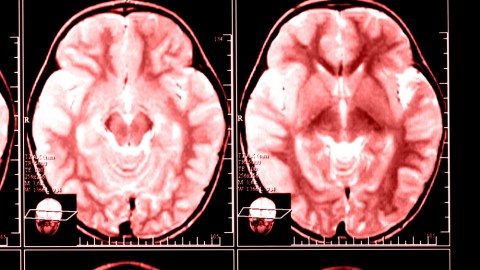By Scanning Your Brain, Researchers Can Know What You’ve Read

What’s the Latest Development?
By analyzing activity in the brain’s visual cortex using fMRI scanners, researchers are able to know what an individual has been reading without any reference to the actual document itself. To do so, neuroscientists at a Dutch university taught a computer program how pixels from brain scans correspond to individual pixels in letters of the alphabet. While the study was limited to determining single letters seen by the experiment’s subjects, the results confirm that reconstructing brain images is an effective way to reconstruct what someone has seen.
What’s the Big Idea?
The achievement improves on prior research which reconfigured the cerebral images of a person watching a video such that the rough outline and color of a shape, say of a tropical parrot, appeared on a computer screen. Researcher Marcel van Gerven, who led the Dutch experiment, said: “Our approach is similar to how we believe the brain itself combines prior knowledge with sensory information. For example, you can recognize the lines and curves in this article as letters only after you have learned to read. And this is exactly what we are looking for: models that show what is happening in the brain in a realistic fashion.”
Photo credit: Shutterstock.com





